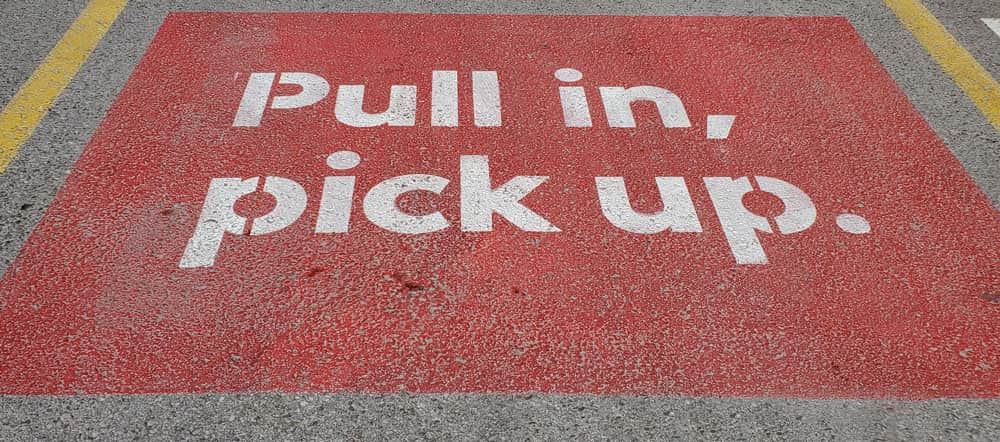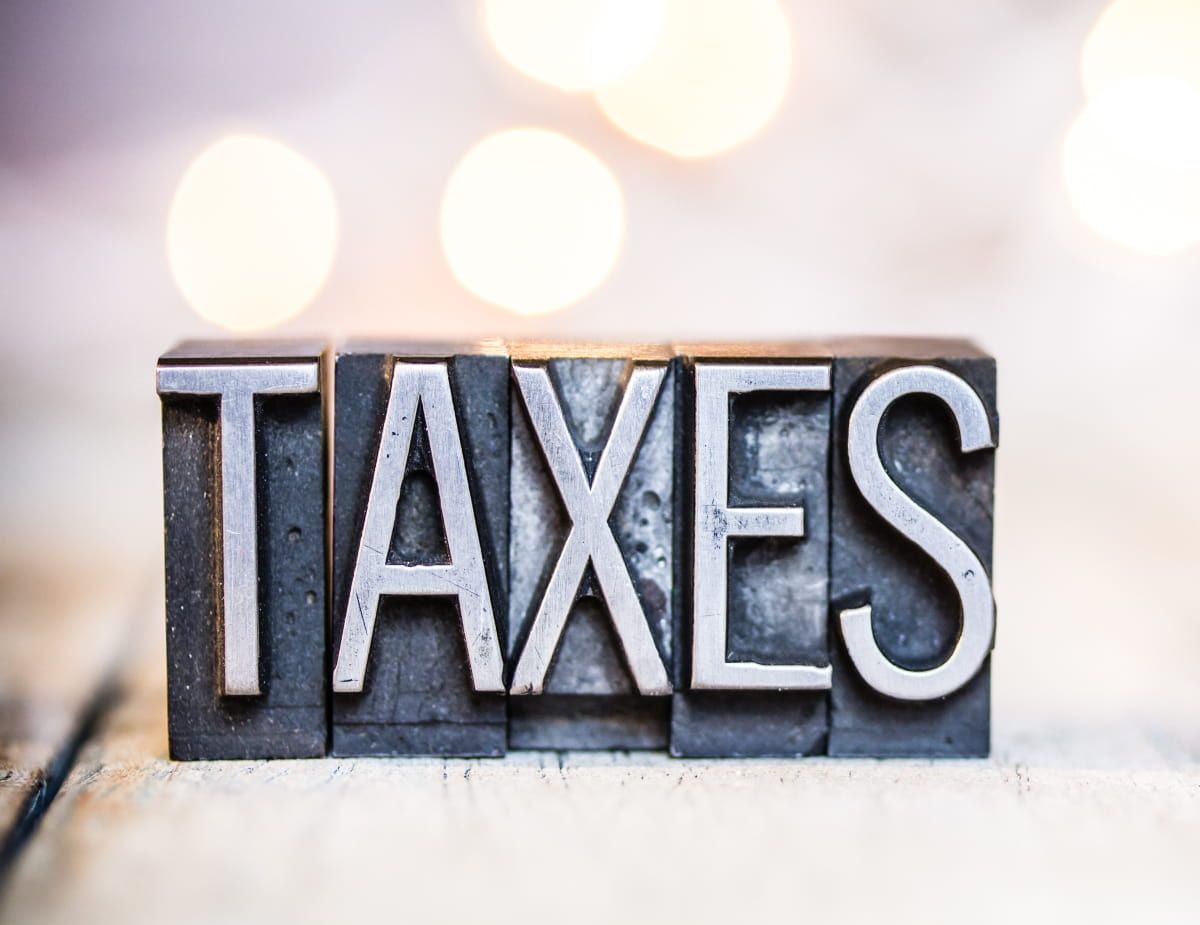Editor’s Note: View our webcast about financial assistance programs available to marijuana businesses.
Since Congress passed the Families First Coronavirus Response Act as well as the Coronavirus Aid, Relief and Economic Security (CARES) Act, cannabis employers have been seeking clarity regarding obligations to their employees and their ability to access employer benefits in the form of loans and tax credits.
The issue is particularly pressing for medical and adult-use cannabis retailers who have been deemed “essential” and who are trying to balance consumer-service objectives and the health and well-being of their employees during an unprecedented public health crisis.
Here are some of the most frequent questions we have received regarding these novel workplace challenges. Please note nothing in this story should be construed as legal advice. Businesses should consult with counsel to obtain additional information and advice based on individual facts and circumstances.
Does the Families First Act require employers to provide additional paid leave to employees? If so, what employees are eligible?
Yes. The Families First Act created two additional paid leave provisions for employers with fewer than 500 employees: Emergency Paid Sick Leave (EPSL) and Emergency Paid Family and Medical Leave (EPFMLA).
These provisions apply from April 1 through Dec. 31, 2020. Employees are eligible to take EPSL leave for a total of two weeks after Day One of employment. However, an employee can take EPSL leave only if they are unable to work or telework because the employee:
- Is subject to a quarantine or isolation order related to COVID-19.
- Has been advised by a health-care provider to self-quarantine because of COVID-19.
- Is experiencing symptoms of COVID-19 and is seeking a medical diagnosis.
- Is caring for an individual subject or advised to quarantine or self-isolate.
- Is caring for a son or daughter whose school/child-care provider
is unavailable. - Is experiencing substantially similar conditions as specified by the secretary of the Department of Health and Human Services.
Employees who have been employed for at least 30 days before their leave request might also be eligible for an additional 10 weeks of partially paid leave under EPFMLA if they are unable to work or telework based on reason No. 5.
Please note that businesses with fewer than 50 employees are exempt from certain EPSL and EPFMLA requirements related to school or child-care provider unavailability for coronavirus-related reasons if providing an employee such leave would jeopardize the viability of the business. Additional guidance is available through the U.S. Department of Labor.
What are employers’ duties to employees who are unwilling to come to work due to concerns over exposure to COVID-19?
As a preliminary matter, all employers should make every effort to adhere to Centers for Disease Control and Prevention sanitation guidelines and social-distancing guidelines to alleviate employee concerns.
If employees are still uncomfortable appearing for work but do not qualify for EPSL, employers may allow the employee to utilize any available benefits (such as paid time off) or provide unpaid leave before they return to work. Alternatively, companies are permitted to ask employees to continue to appear for work. Additional state laws might also impact employers’ duties.
What options are available to employers that need to reduce their workforce?
The three primary options are layoffs, short-term unpaid leave because of lack of work (also known as “furlough”) and reducing employees’ hours and/or pay.
Furloughed employees might be able to maintain certain benefits such as health insurance; however, receipt of paid-leave benefits might render an employee ineligible for the expanded unemployment benefits included in the CARES Act.
Are cannabis employers able to access financial relief through U.S. Small Business Administration (SBA) loans under the CARES Act or employer tax credits under the Families First Act?
Cannabis companies that grow, produce, process, distribute or sell marijuana or marijuana products cannot access SBA loans made available under the CARES Act. Hemp and ancillary companies that do not violate federal law might be eligible. (At press time, the SBA’s $350 million paycheck protection program had run out of money. Federal lawmakers and the White House were in talks to provide more funding.)
Both the CARES Act and the Families First Act provide favorable tax credits to employers, including a 50% refundable tax credit for wages paid to employees of businesses that have been closed because of a governmental order (capped at $5,000 per employee) and delay of payroll tax payments that could benefit the cannabis industry.
However, it is unclear whether these tax credits are applicable to cannabis employers that are subject to section 280E of the Internal Revenue Code, which bars tax credits for businesses that traffic in controlled substances. Employers should consult with their CPA or tax counsel for further guidance.
Joshua Kappel is a founding partner and Meg Nash is a senior associate attorney with Vicente Sederberg, a national cannabis law firm with offices in Boston, Denver, Jacksonville, Los Angeles and New York.
Next: Get Your House in Order





